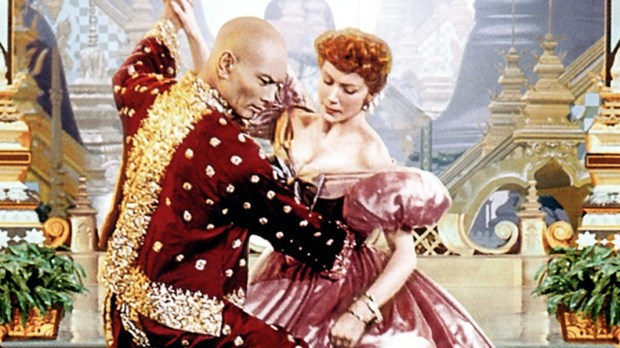The United States is a country forged of foreigners. We came from every point on the globe, crossing land bridges and turbulent seas, to find a refuge far away from our original homelands. Some of our ancestors didn’t come of their own free will, but many did — lured by the promise of a country founded on inalienable rights, one in which they could clear their own trail, plant their own crops, and create their own destiny. Free from the suffocating class structures found in Europe and Asia, these idealistic immigrants saw, in America, a place to become the men and women God made them to be. And to offer, as we shall see below, a better life for their children.
Sure, things have changed a bit here in the 240 or so years since Thomas Jefferson penned the Declaration of Independence. But still, if you have the talent and drive, you can still do some pretty amazing things. And one place that dynamic is obvious is Hollywood — the symbol of American showbiz. Immigrants from around the world have enriched the most quintessential of American industries in remarkable ways over years. Let’s take a look at some of them …
Rudolph Valentino
The most famous star of the silent screen era was born under the unwieldy name of Rodolfo Alfonso Raffaello Pierre Filibert Guglielmi di Valentina d’Antonguolla in Castellaneta, Italy, in 1895. While always known for his good looks even as a child, Rodolfo was rejected for military service because of his alleged frailty, and he had a dickens of a time finding other work. So in 1913, he decided to leave for America and … well, initially didn’t meet with much more success stateside.
In her book Dark Lover: The Life and Death of Rudolph Valentino, Emily Leider says that Valentino once bussed tables at New York’s famed Murray’s restaurant, but was fired. He lived on the streets for a while, sometimes going back to Murray’s for a little free food from his friends.
But his luck changed when he moved to Los Angeles. Encouraged to try to make a go of it in film, Valentino parlayed his grace and good looks into making a living as a bit player by 1919. Then, in 1921, he starred in The Four Horsemen of the Apocalypse and, later that same year, The Sheik, and everything changed. For five years he was America’s most glamorous film star. He might’ve been successful for decades more, had he not died suddenly from peritonitis. More than 100,000 people allegedly attended his funeral.
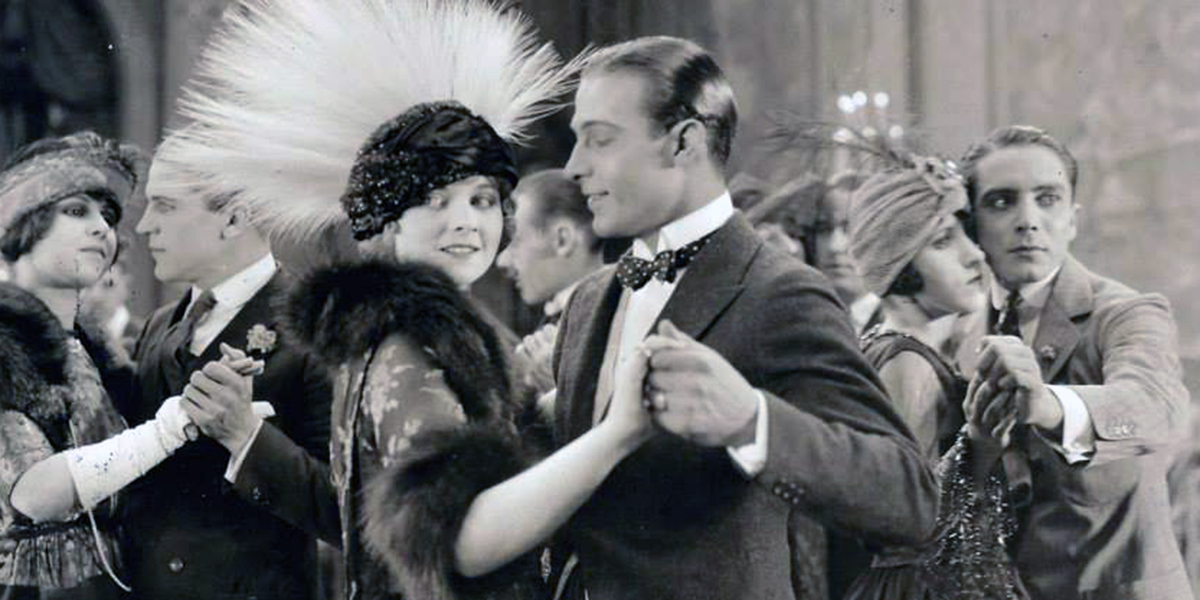
Irving Berlin
Born in czarist Russia in 1888, Berlin (his given name was Israel Baline) spent his first few years of life in abject poverty. He lived in a hovel with a dirt floor, and in Ian Whitcomb’s book Irving Berlin and Ragtime America the future songwriter would recall only one memory from his childhood: his father “lying on a blanket by the side of a road, watching his house burn to the ground. By daylight the house was in ashes.” When the last czars instituted a brutal persecution of Russian Jews, the Balines left for America when Irving was just 5. When he was 8, the boy delivered newspapers to help the struggling family. But he could sing, too, and by the time he was 18, he was employed as a singing waiter. In 1907, he published his first song: “Marie from Sunny Italy.” The publishers misspelled his name, though: “I. Berlin,” the sheet music read. Irving opted to keep the moniker and became famous under it.
Berlin wrote tons of music, from “Alexander’s Ragtime Band” (his first real hit) to “God Bless America,” an appropriately patriotic tune for this story. But many of his songs earned their most lasting fame in the movies, from “Blue Skies,” performed by Al Jolson in the first real “talkie,” The Jazz Singer, to the soundtrack for the Bing Crosby film White Christmas, and tons of others. His tune “Putting on the Ritz” even saw new life in Mel Brooks’ Young Frankenstein.
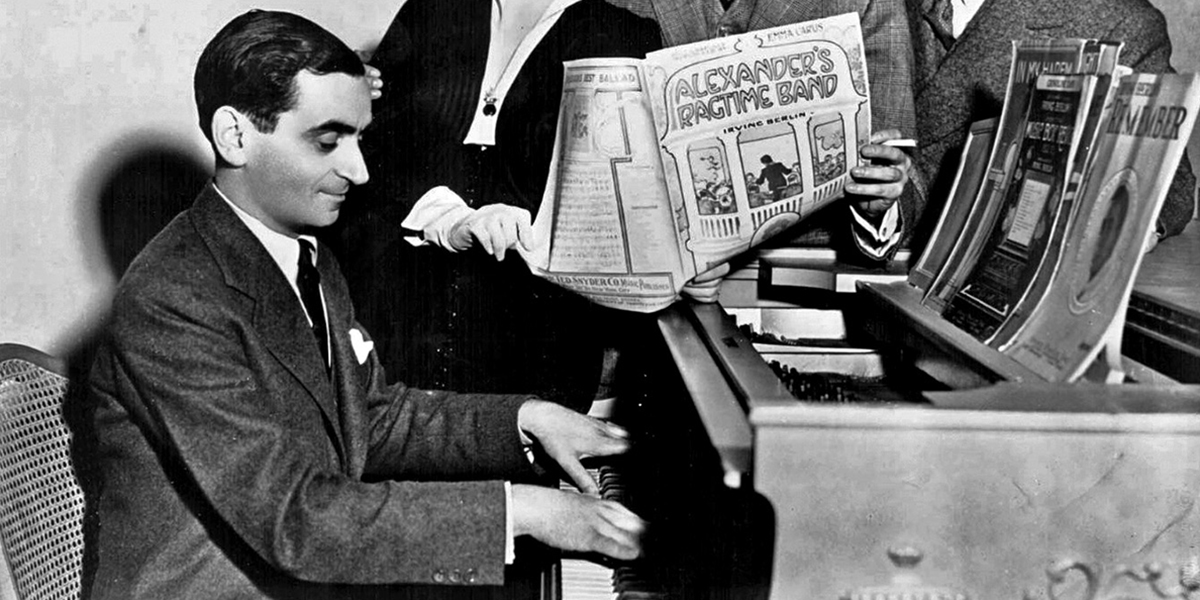
Rita Moreno
The singer/dancer/actress self-identifies as an immigrant, even though technically she was born on American territorial soil — Puerto Rico in 1931. Her seamstress mother, Rosa Maria, brought Rita to New York in 1936. It wasn’t long before the girl began making inroads in the entertainment industry: At age 11, she was lending her voice to American child actors and actresses whose movies were being dubbed for Spanish-speaking audiences. By 1945, at age 13, she was performing on Broadway.
Moreno, of course, went on to become the first Latina to win an Oscar (for her indelible work in West Side Story), and she’s one of just a dozen people to win the so-called EGOT: An Emmy (which Moreno won two of), a Grammy, an Oscar and a Tony award.
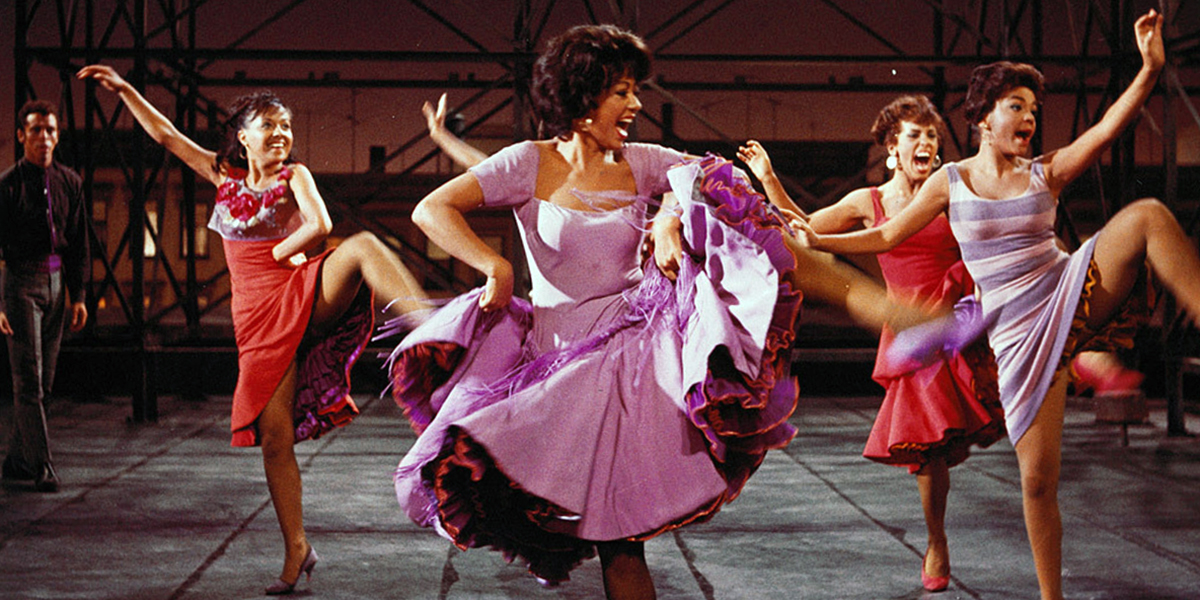
Yul Brynner
To hear the bald-headed star tell it, Brynner’s birth was as exotic as his looks and life. He told the press that he was born Taidje Khan on the island of Sakhalin, near northern Japan — the son of a Mongolian mining engineer. True, Brynner’s father was a mining engineer, but he was Swiss-German-Russian, not Mongolian, and Brynner was born in Vladivostok, Russia. He, his mother, and elder sister eventually moved to China, and then to Paris. In 1940, with his mother suffering from leukemia, Brynner and Mom emigrated to the United States, sailing on the President Cleveland.
Though he barely knew a word of English when he first arrived, Brynner quickly moved into stage work, earning lasting fame on Broadway in The King and I in 1951. Five years later, he was killing it in Hollywood, appearing in the film version of The King and I, Cecil B. de Mille’s The Ten Commandments and, finally, Anastasia, starring alongside Ingrid Bergman. He eventually won both an Oscar and a Tony for his work in The King and I. Though he became an American citizen in 1943, he renounced that citizenship in 1965 for tax reasons.
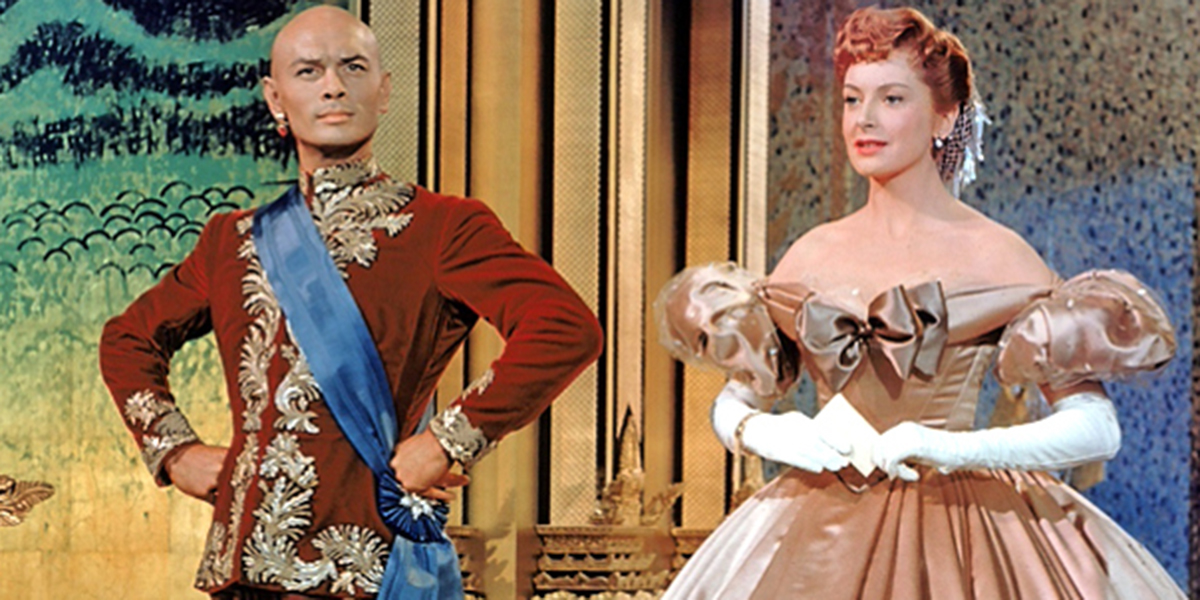
Arnold Schwarzenegger
The weightlifter-turned actor-turned politician-turned actor again was born in Thal, Austria, to a pair of devout, Catholic parents. They weren’t exactly rich: According to Wendy Leigh’s book Arnold: An Unauthorized Biography, one of the highlights of his childhood was the family’s purchase of a refrigerator. But you can’t keep a future Hollywood star down. Gregarious and funny, Schwarzenegger was good at several sports and might’ve been an Austrian soccer star. But at the age of 14, he chose body building instead.
For him, body building was a conduit to get to the United States, a country he dreamed of living in from the time he was 10 years old. He moved to America in 1968 at age 21. Two years later, Schwarzenegger won his first Mr. Olympia title — the first of seven he would claim. That same year, he would play the title role in Hercules, where his voice was dubbed and he was credited, simply, as “Arnold Strong.” That moniker (and the voice dubbing) would go by the wayside as Schwarzenegger’s star rose and he became one of Hollywood’s most bankable action stars. He officially became a U.S. citizen in 1983.
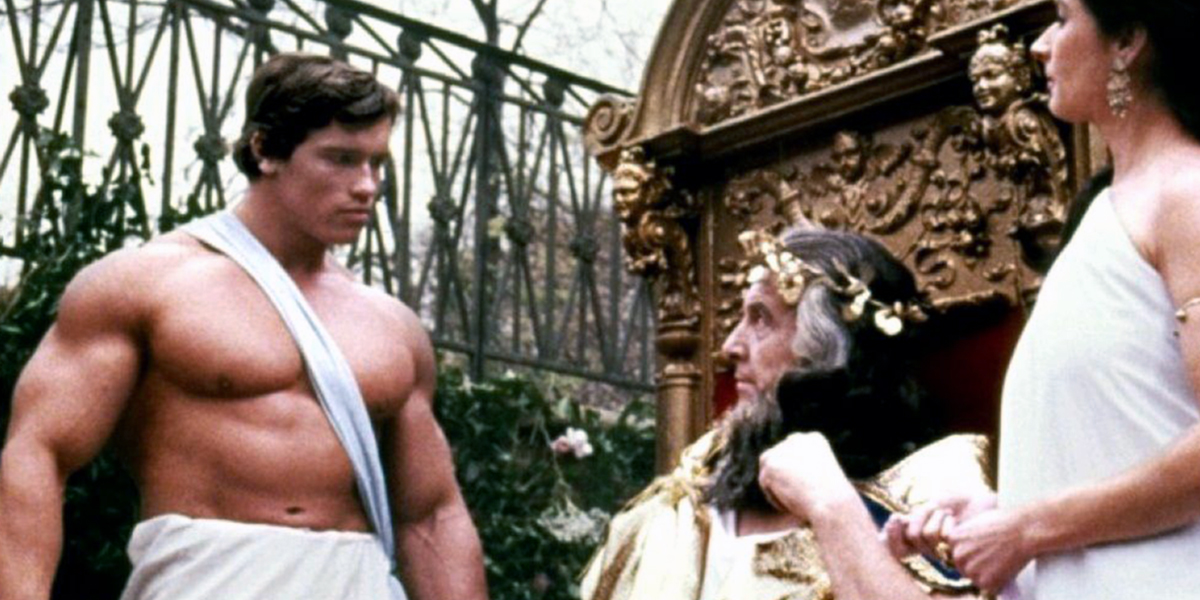
We could talk about plenty of other famous immigrants — from Cary Grant to Natalie Portman, from Anthony Hopkins to a woman we featured in this space not so long ago, Audrey Hepburn. But there’s little question that Hollywood’s star beckoned many folks from overseas, and their own stardom helped the industry shine all the brighter.
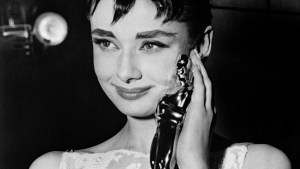
Read more:
Remembering Audrey Hepburn with her 5 most iconic films
